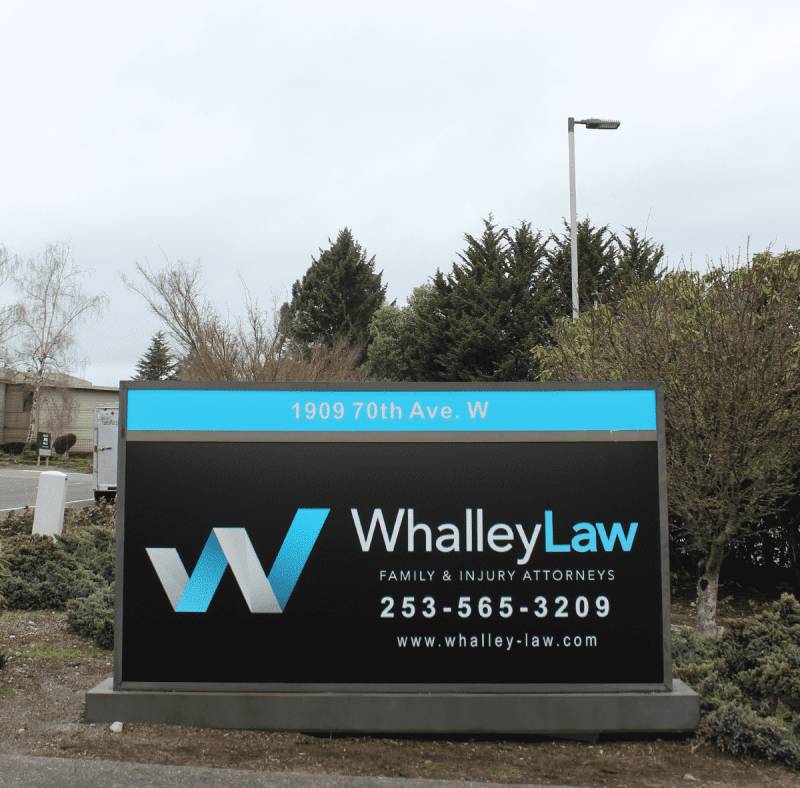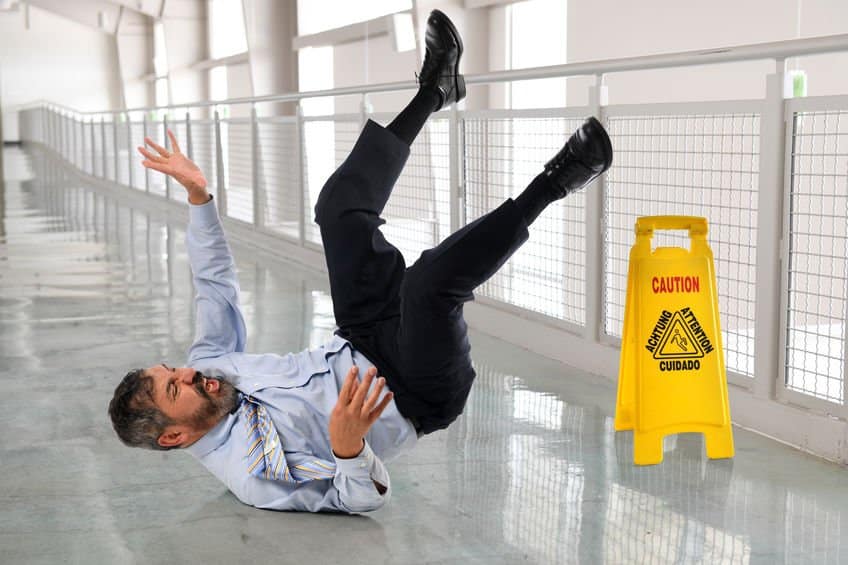Premises Liability Accidents
Premises liability is a legal concept that typically comes into play in personal injury cases where the injury was caused by some type of unsafe or defective condition on someone’s property.
Most personal injury cases are based on negligence, and premises liability accidents are no exception. In order to win a premises liability case, the injured person must prove that the property owner was negligent with respect to ownership and/or maintenance of the property. In general, negligence means that the property owner failed to use reasonable care in connection with the property.
It’s important to note that simply because you were injured on someone’s property does not mean that the property owner was negligent. Further, simply because the property might have been in an unsafe condition does not automatically mean that the property owner was negligent. You have to show that the property owner knew or should reasonably have known that the premises were in an unsafe condition, and still failed to take proper steps to remedy the situation.

Types of Premises Liability Cases
Slip and Fall Cases
Dog Bites
Fires
Water Leaks Or Flooding
Amusement Park Accidents
Snow and ice Accidents
Defective Conditions On The Premises
Elevator And Escalator Accidents
Swimming Pool Accidents
Inadequate Building Security Leading To Injury Or Assault
Inadequate Maintenance Of The Premises
As you can see, premises liability cases include a wide range of fact scenarios. Even dog bite cases fall under the umbrella of premises liability because they involve an unsafe condition on someone’s property.
The Property Owner’s Duty of Care
While many states require the property owner to exercise reasonable care in ownership and maintenance of the property with respect to all persons who might enter onto the property, other states still apply an old rule that can limit the landowner’s duties depending on the status of the visitor.
In those states, all visitors to the property are divided into three categories:
- Invitees
- Licensees
- Trespassers
An invitee is someone who has the landowner’s express or implied permission to enter the property. Invitees are usually people like friends, relatives, and neighbors. The landowner traditionally owed an invitee a duty of reasonable care to keep the property reasonably safe for the invitee.
A licensee is someone who has the landowner’s express or implied permission to enter the property but is coming onto the property for his or her own purposes. Licensees are usually people like salesmen. The landowner traditionally owed a licensee a lesser duty only to warn the licensee of dangerous conditions that create an unreasonable risk of harm if:
- The Landowner Knows About The Condition.
- The Licensee Is Not Likely To Be Able To Discover It.
A trespasser is someone who is not authorized to be on the property. Traditionally, landowners owed no duty to trespassers unless the trespasser was a child. In that case, the landowner owed the duty to exercise reasonable care to avoid a reasonably foreseeable risk of harm to children caused by artificial conditions on the land (i.e., swimming pools).
Because these rules can get pretty complicated and they differ from state to state, you should contact an experienced local lawyer if you have questions about a potential premises liability case.

Examples Of Premises Liability Cases
Slip and Fall – These are the most straightforward premises liability cases. They occur when you slip (or trip) and fall on someone else’s property. Some common conditions that can lead to a slip or trip and fall are
- Defective Staircases
- Hidden Extension Cords Or Other Tripping Hazards
- Accumulation Of Ice Or Snow
- Unsecured Rugs Or Carpets
- Slippery Floors
- Loose Or Broken Floors, Sidewalks, Steps, Or Stairs.
Inadequate Building Security – These cases usually arise in apartment buildings or offices. Owners of those buildings have a duty to act reasonably in securing access to the buildings. That is why large apartment buildings and offices usually have doormen or security guards on the first floor and small apartment buildings generally require the tenants to keep the front and back doors locked. Failure to secure the premises may bring a liability case against the building owner if it can be shown that the building owner did not take reasonable steps to secure the building.
Swimming Pool Accidents usually – involve children and an unsupervised and unsecured pool. For this reason, most states and municipalities have laws and ordinances requiring that swimming pools have a fence around them, often with a locking gate. If someone leaves their pool open and unguarded, that person may be found negligent in a premises liability case.
